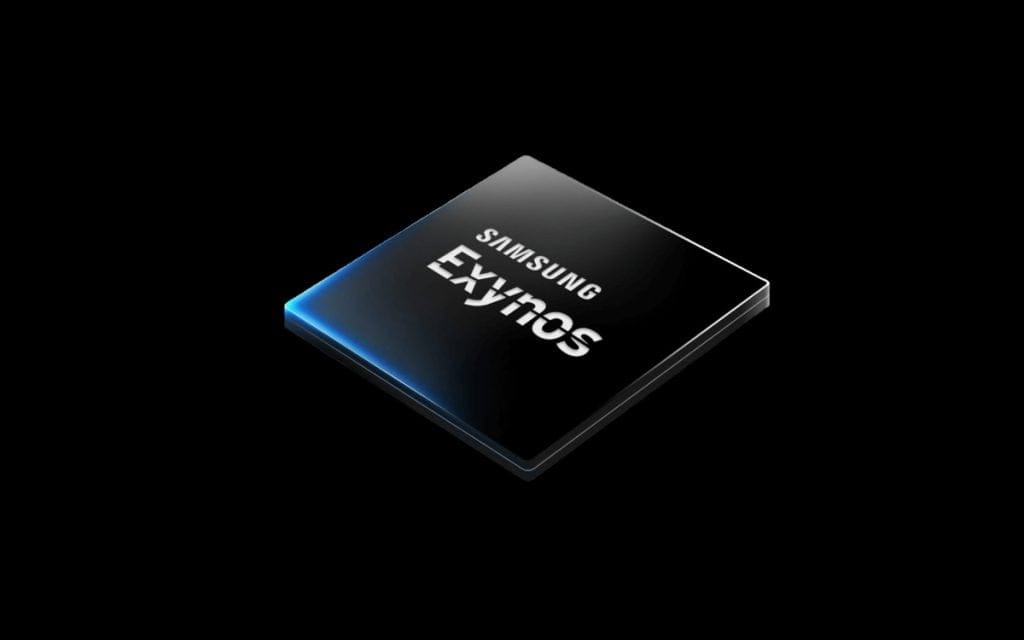Samsung Semiconductor, known as the second-largest chipmaker in the world, is at a crucial point as it rushes to begin mass production of advanced 2nm chips. The outcome of this project could significantly impact its ability to rival the top company, TSMC, and reclaim some of its lost market share.
The Stakes for Samsung Semiconductor
Despite pouring in considerable funds, Samsung has not been able to reach TSMC’s level of profitability and scale. Currently, TSMC dominates the semiconductor foundry market with a substantial 62.3% market share, while Samsung only holds 11%. This gap has led to significant financial downturns for Samsung, highlighting the pressing need for a major technological advancement.
Focus on 2nm Technology
Samsung’s plan revolves around its 2nm and smaller manufacturing technologies. The company is making big investments in its production facilities, with intentions to add new production lines at its Hwaseong and Pyeongtaek locations. The target date for mass production of 2nm chips is set for 2025, with a further goal of achieving 1.4nm by 2027, which is in line with TSMC’s schedule.
Challenges Ahead
A critical element for Samsung’s success will be gaining significant clients for its 2nm technology. The company is in talks with Qualcomm, aiming to persuade the American semiconductor firm to select Samsung’s technology for its next-generation Snapdragon processors. If these partnerships can be established, it could greatly enhance Samsung’s foundry business and draw in additional clients.
However, the path is not without obstacles. Samsung has faced difficulties before, including the postponed launch of its 3nm Exynos processor. Additionally, reports indicate that the upcoming Samsung Galaxy S25 series will utilize Qualcomm’s Snapdragon 8 Gen 4 globally, implying that Samsung might not have complete faith in its Exynos chips versus the Snapdragon option. Meanwhile, the Exynos 2500 is anticipated to power the Galaxy Z Fold 7 and Flip 7, which are expected to launch later in 2024.
The triumph of Samsung’s 2nm technology could have significant consequences for the global semiconductor market. Should Samsung manage to narrow the gap with TSMC, it might incite heightened competition and potentially bring down prices for consumers. Furthermore, it could bolster South Korea’s status as a key player in the high-tech arena.


Leave a Reply